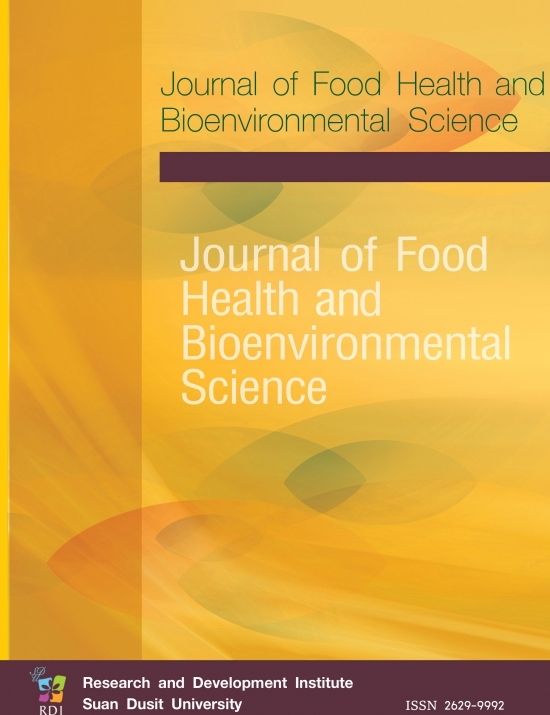Methods for Developing New Food Products, Expanded (Second Edition)
Keywords:
-Abstract
Methods for Developing New Food Products Second Edition is a comprehensive overview of the foundation components in new food products’ lifecycle from conceptualisation to commercialisation. The text is an outstanding tool for teachers and educators, a helpful reference for industry professionals and an exceptional resource for students to go through the basics of the food industry and new product development. The text provides a solid foundation upon which to build specialized interests and on-the-job experience. The book frequently responds to a typical question by students, “But when will this information be useful in real life?”
The topics progress in a logical, simply comprehensible arrangement — starting with an overview of product development and discussing consumer preference and market trends, chemical and physical properties of food components, sensory analysis of a product and methods of evaluation, experimental design in product development, basic units of operation (how a product is manufactured), shelf life testing, on-pack labelling, quality control, and more. The text is filled with practical information and examples.
There are several key features contained in the book, including but not limited to:
- Consistency in formatting
- Essential vocabulary and analytical questions, making the text an intuitive learning tool
- Practical case studies, enabling the applicability to the readers, and giving readers a hint of expected difficulties that could potentially be encountered during the initializing of a new food product.
In studying Methods for Developing New Food Products, Second Edition, students will go through the fundamentals of new product design and development. More importantly, learners will acquire an understanding for the many interrelationships with different facets of the commercialization cycle (e.g. ideation, economic and production feasibility, marketing and interfacing with the consumer, regulatory compliance and quality control). Learners are prepared for a successful career in the food industry by the efficacy of addressing these vital topics.








